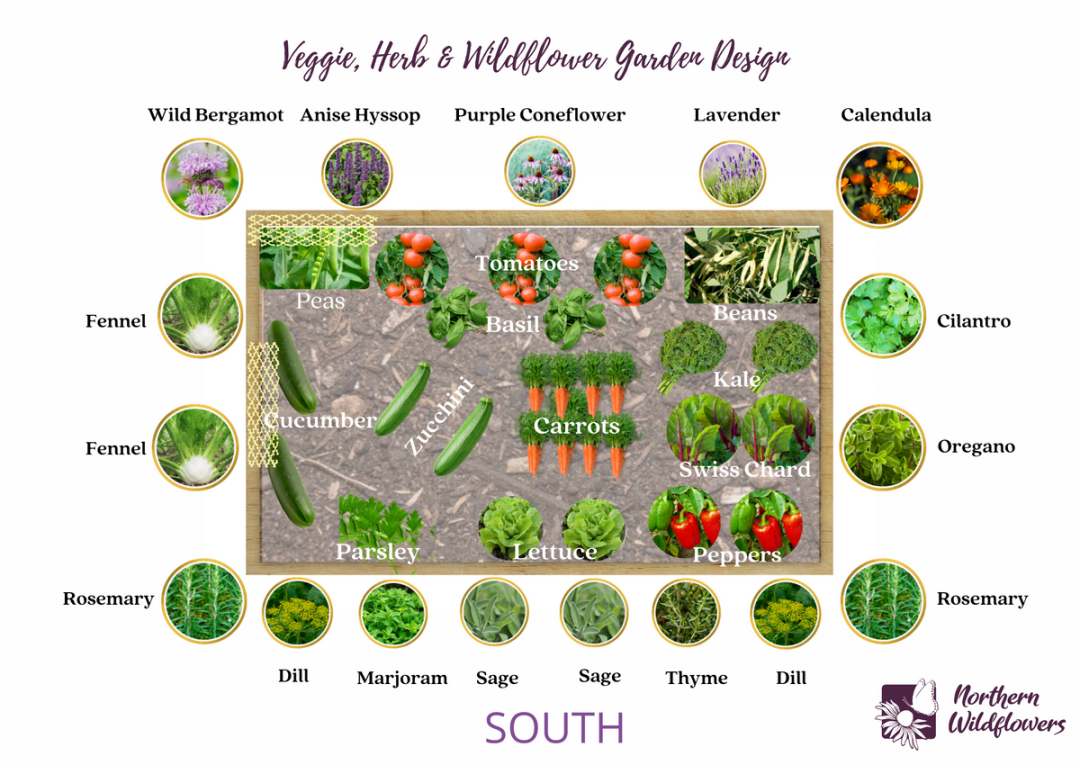Raised Garden Layout: A Comprehensive Guide
Raised garden beds have become increasingly popular among gardeners, both seasoned and novice. They offer numerous benefits, including improved soil drainage, earlier harvests, and easier accessibility. One of the key factors in designing a successful raised garden is the layout. In this guide, we will explore various raised garden layout ideas to help you maximize your growing space and yield.

The Benefits of Raised Garden Beds
Before diving into layout options, let’s briefly recap the advantages of raised garden beds:

Improved Drainage: Raised beds elevate the soil, allowing excess water to drain away, reducing the risk of root rot.
Warmer Soil: The elevated soil warms up faster in the spring, leading to earlier planting and harvesting.
Pest and Weed Control: Raised beds create a physical barrier that can help deter pests and weeds.
Accessibility: Raised beds are easier to reach and work in, especially for individuals with mobility issues.
Soil Quality Control: You can customize the soil mix in raised beds to suit your specific plants’ needs.
Basic Raised Garden Layout Considerations
When planning your raised garden layout, consider the following factors:
Garden Size: Determine the available space for your raised beds.
Plant Selection: Choose plants that are compatible and have similar growing requirements.
Sunlight Exposure: Ensure your garden receives adequate sunlight, typically at least 6-8 hours per day.
Accessibility: Design the layout to allow easy access for planting, weeding, and harvesting.
Aesthetics: Consider the visual appeal of your garden and incorporate design elements that complement your landscape.
Popular Raised Garden Layout Ideas
Here are some popular raised garden layout ideas to inspire your gardening projects:
Traditional Rectangular Layout: This classic layout is simple and efficient, making it ideal for beginners. Divide the bed into rectangular sections to accommodate different plant varieties.
Circular Layout: A circular layout offers a unique and visually appealing design. It’s perfect for small spaces and can be used to create a focal point in your garden.
Square-Foot Gardening: This intensive gardening method involves dividing your bed into one-square-foot sections, allowing for precise planting and maximizing space utilization.
L-Shaped Layout: An L-shaped layout is versatile and can fit into various garden spaces. It’s ideal for gardens with odd-shaped areas or limited space.
Raised Garden with Pathways: Incorporating pathways between your raised beds can enhance accessibility and aesthetics. Consider using materials like mulch, gravel, or stepping stones for the pathways.
Tips for Creating a Successful Raised Garden Layout
Plan Ahead: Sketch out your garden layout on paper to visualize the arrangement of plants and pathways.
Prioritize Accessibility: Design your layout to allow easy access from all sides.
Consider Future Expansion: If you plan to expand your garden in the future, design your layout to accommodate growth.
Incorporate Vertical Gardening: Utilize vertical gardening techniques, such as trellises and climbing plants, to maximize space.
Maintain Your Garden: Regular maintenance, including weeding, watering, and fertilizing, is essential for a healthy and productive raised garden.
Conclusion
By carefully planning your raised garden layout, you can create a beautiful and productive space. Consider your garden’s size, sunlight exposure, and plant selection to choose the best layout for your needs. Remember to prioritize accessibility, aesthetics, and future expansion. With a well-designed raised garden, you can enjoy fresh, homegrown produce all season long.

